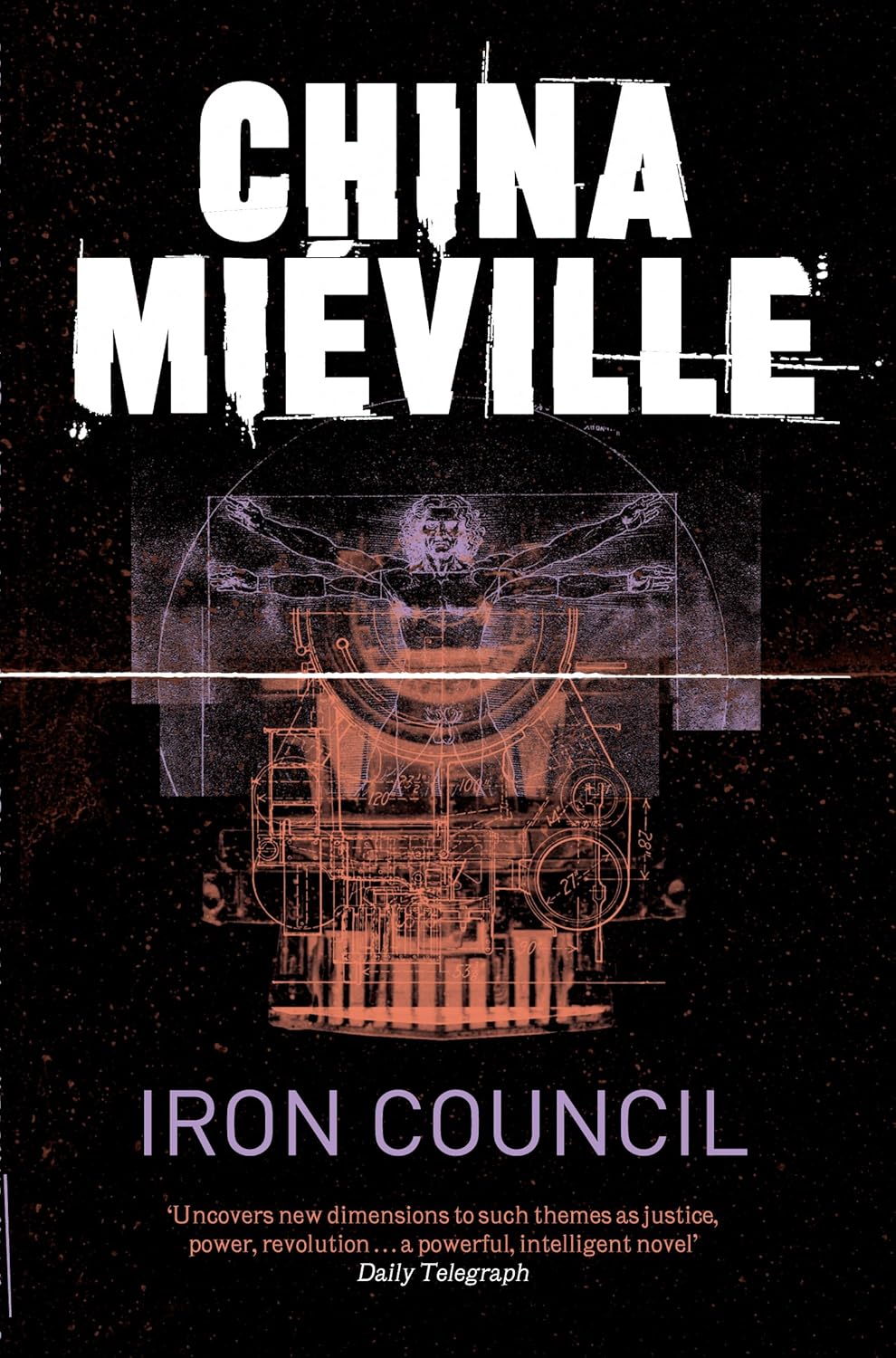Written
by: Graeme Simsion
Published
by: Penguin Books LTD (2/1/2014) 352 pages
'I'm not good at
understanding what other people want.' 'Tell me something I don't know ...'
Love isn't an exact science - but no one told Don Tillman. A
thirty-nine-year-old geneticist, Don's never had a second date. So he devises
the Wife Project, a scientific test to find the perfect partner. Enter Rosie -
'the world's most incompatible woman' - throwing Don's safe, ordered life into
chaos. But what is this unsettling, alien emotion he's feeling?
I have to be honest, ‘The Rosie Project’ is not the sort of
book I would normally have looked twice at. As regular readers will probably
have picked up, I’m of a more fantastical bent, and as the summary suggests,
the book is a romance – normally the one genre I avoid if I can help it.
However, there are a few advantages to my current place of employment,
specifically in this instance the occasional promotional copy of a book being
donated to the staffroom, and something about the book appealed.
I’m happy to say that
I’m glad I did indulge that whim; ‘The Rosie Project’ is an absolute treat.
There’s more to Don than the summary suggests. He’s incredibly
intelligent, a talented chef, although he prefers to stick to tried and tested
recipes to maximise efficiency, a gifted martial artist, highly – almost
obsessively – organised, but cripplingly socially awkward. It quickly becomes
apparent that he registers somewhere on the autistic spectrum, although it
isn’t entirely clear whether he himself recognises this. Rosie is a part-time
barmaid; she smokes, she’s perpetually late, vegetarian and far more concerned
with finding her real father than romance – although given how unsuitable a
prospective wife she is, that’s of little concern to Don.
From the gleefully mischievous opening line – “I may have
found a solution to the Wife Problem”, a sentence open to all kinds of
interpretation and delivery – it’s a story that will have you chuckling
throughout, even on occasion breaking out into fully fledged belly laughs. Both
Don and Rosie are witty, but they also get into a wide variety of madcap
scenarios, partly as a result of the quest to find her real father, which
involves a surprising amount of illegal activity, and partly as a result of the
chaos Rosie drags around with her. A chapter with the two of them working the
bar at a posh party is glorious.
More importantly though, the romance itself is exquisitely handled.
Even though at least one party has absolutely no idea that they are actually
engaged in a romantic entanglement, it is a thoroughly heartwarming story, which
managed to move even my stony heart. True, the participants are pretty familiar
to anyone with a reasonably grounding in popular culture – Don is sensitively
handled, but will immediately bring to mind Dr Sheldon Cooper of ‘The Big Bang
Theory’, or Abed Nadir of ‘Community’, if not the more literary Christopher, of
‘The Curious Incident of the Dog in the Night-Time’; Rosie, on the other hand,
is a textbook example of the Manic Pixie Dream Girl, attractive, chaotic,
various issues but with a warm-hearted view of the world. However, there is
absolutely no harm in familiar ground done well.
It isn’t a complex story, or even a terribly original one in
broad strokes. It’s classic romantic comedy, beat to beat, and it came as no
real surprise to me when I found out that it had started life as a screenplay.
The ultimate conclusion will be even less of a surprise, but as they say, tropes
are not inherently bad. It may be a familiar destination, but the journey is a
delight.


